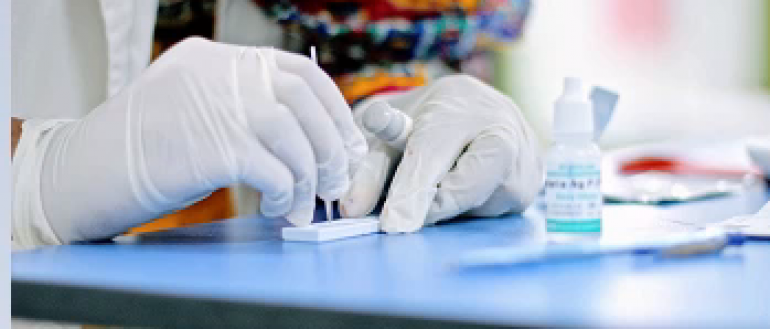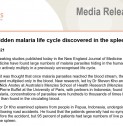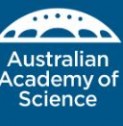Aim:
- To reduce vivax-related morbidity and accelerate the elimination of malaria by optimising the treatment of Plasmodium vivax malaria in individuals and different endemic populations.
Objectives:
- Determining the most efficacious dose of primaquine in different locations and age groups.
- Evaluating the tolerability and safety of primaquine in different patient populations.
- Quantifying the haematological consequences of recurrent vivax malaria and ability of primaquine to reduce these in different endemic locations.
- Quantifying the risks and benefits of different radical cure regimens in individuals.
Summary:
Forty percent of the global population are at risk of vivax malaria and its associated morbidity. Complete cure of vivax malaria can result in severe anaemia caused by adverse effects of primaquine in vulnerable individuals. This research will provide important evidence for national malaria programs and clinicians, identifying the optimal dosing regimen across different ages and locations, that balances the risks and benefits of primaquine treatment.
Implications for policy and practice:
After a decade of reductions in malaria prevalence, gains have now plateaued but the implementation of more effective radical cure for P. vivax has the potential to reverse this plateau. Through defining optimal primaquine treatment regimens, identifying safe clinical methods to avoid severe haemolysis and defining the risks and benefits for different treatments this program will provide key evidence for the safe and effective widespread deployment of primaquine radical cure, that will ultimately support elimination of P. vivax across Asia, Oceania, the Horn of Africa and South and Central America.
Chief investigator:
Contact info:
For more information about the project, email Dr Rob Commons.
Project dates:
The project commenced in January 2021.
Photo credits - Pearl Gan in association with OUCRU, Vietnam
- Watson JA*, Commons RJ*, et al, The clinical pharmacology of tafenoquine in the radical cure of Plasmodium vivax malaria: An individual patient data meta-analysis, eLife 2022, 11: e83433.
- Hossain MS*, Commons RJ*, et al, The risk of Plasmodium vivax parasitaemia after P. falciparum malaria: An individual patient data meta-analysis from the WorldWide Antimalarial Resistance Network, PLoS Med, 2020; 17(11):e1003393.
- Commons RJ, Simpson JA, Watson J, White NJ, Price RN, Estimating the proportion of Plasmodium vivax recurrences caused by relapse: a systematic review and meta-analysis, Am J Trop Med Hyg, 2020, 103(3):1094-1099.
- Commons, R.J., Simpson, J.A., Thriemer, K., et al. (2019). The effect of dihydroartemisinin-piperaquine and artemether-lumefantrine on the risk of Plasmodium vivax: an individual patient pooled analysis, PLOS Med, 16(10), e1002928.
- Commons, R.J., Simpson, J.A., Thriemer, K., et al. (2019). The haematological consequences of Plasmodium vivax malaria after chloroquine treatment with and without primaquine: a WorldWide Antimalarial Resistance Network systematic review and individual patient data meta-analysis. BMC Med, 17(1), 151.
- Commons, R.J., Simpson, J.A., Thriemer, K., et al. (2019). The risk of Plasmodium vivax parasitaemia after P. falciparum infection: a systematic review and meta-analysis. Lancet Infectious Diseases, 19(1), 91-101.
- Commons, R.J., Simpson, J.A., Thriemer, K., et al. (2018). The effect of chloroquine dose and primaquine on Plasmodium vivax recurrence: a WorldWide Antimalarial Resistance Network systematic review and individual patient pooled meta-analysis. Lancet Infect Dis, 18, 1025-1034.
- Commons, R.J., Thriemer, K., Humphreys, G., Suay, I., Sibley, C.H., Guerin, P.J., & Price, R.N. (2017). The Vivax Surveyor: Online mapping database for Plasmodium vivax clinical trials. Int J Parasitol Drugs Drug Resist, 7(2),181-190.
Funders:
- National Health and Medical Research Council (NHMRC).
Collaborators:
- WWARN
- University of Melbourne
-
Hidden malaria life cycle discovered in the spleen
Ground-breaking studies published today in the New England Journal of Medicine and PLOS Medicine have found large numbers of malaria parasites hiding in the human spleen where they actively multiply in a previously unrecognised life cycle.
-
Regional research set to get digital boost
Resources Regional Collaborations Programme COVID-19 Digital Grants, recognises A/Prof Kamala Ley-Thriemer, Dr Jo Wapling and Dr Chris Lowbridge.
-

Five medical research projects recognised in the Northern Territory
Five researchers based at Menzies have received recognition in the form of Investigator Grants from the NHMRC and the MRFF.



